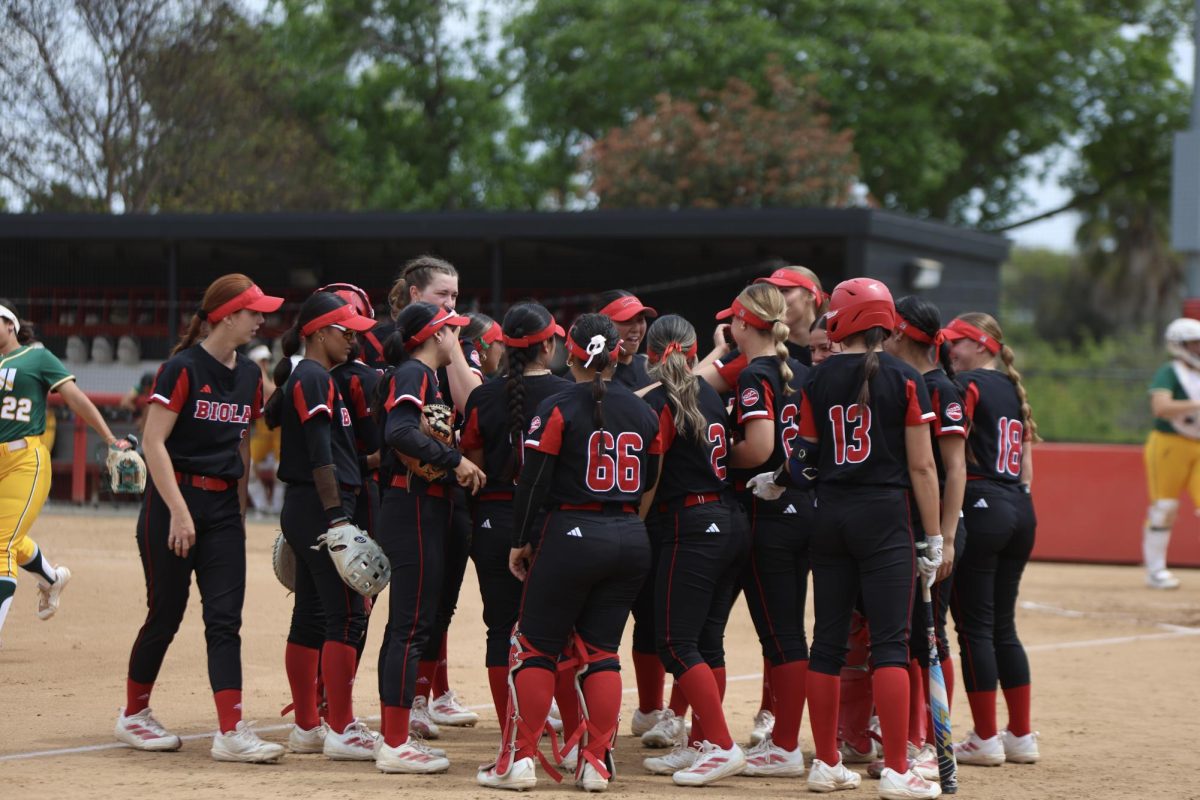Not only do athletes need supportive coaches to thrive in their sport of choice, but they also need to have a proper mental state to play sports without experiencing repercussions, according to psychologists and researchers.
Sociology in sports professor Michael Itagaki, explained some normal patterns of behavior in sports that would not make sense from an outsider’s perspective. Itagaki discussed a study conducted on 12-18 year olds who play sports. This self-report study had kids fill out a form detailing whether they had ever partaken in a serious physical fight in the past. A higher percentage of the kids who played football reported that they had participated in serious fights than any kids in other sports.
“You could make a case [that] the kids who do play football may be more aggressive than kids that go out to play baseball or tennis,” Itagaki said.
He holds the opinion that, despite the involvement of many factors, football could provide a place in which athletes become more likely to act violently off the field than those in another sport.
Professor of psychology and director of the Biola Center for Marriage and Relationships Christopher Grace explained a series of factors that, when combined, frequently lead to violence in families. According to a study that Dr. Grace referenced, adolescent athletes who played tackle football and experienced head injuries often portrayed more violent behavior than those who had not experienced any sort of head trauma.
“Athletes are not more prone to crime than non-athletes, but when they do get arrested for crime, it’s of a greater percentage of domestic violence,” Grace said.
He believes that no single answer regarding the violence of NFL athletes exists, but he rather finds the issue complex and intertwined.
Grace explained that head trauma leads to a lot of psychological problems. When the brain functions fully, it helps people to feel emotions and encourages them to be altruistic. When a person experiences head trauma, it begins to change how that person might feel emotions or process information.
“The NFL has been slow to address the long-term damage done by repeated head injuries,” said a recent article from TIME Magazine.
Grace also discussed the fact that in the past, up to 30 percent of abusers experienced abuse of their own. The brain frequently repeats learned behavior.
To create the perfect person that might have a tendency to commit domestic abuse, combine a competitive nature with a measure of hostility and cynicism. Add a highly competitive environment, such as professional football, head trauma injuries, past experience with domestic abuse and a large sum of money. While a person who fits all these criteria could still avoid committing domestic abuse, these ingredients frequently collaborate to create a disaster, Grace said.
Ronald Woods, an award winning performance coach with the Human Performance Institute, wrote in his book “Social Issues in Sport” that while it is not clear if on-field violent behavior leads to off-field violent behavior, a variety of factors could sway an athlete’s actions one way or the other in different situations.
Overall, not all athletes are prone to committing domestic violence. However, professional athletes tend to have a higher percentage of risk of being prone to committing domestic abuse due to the nature of sport itself and everything the job might carry for players.






